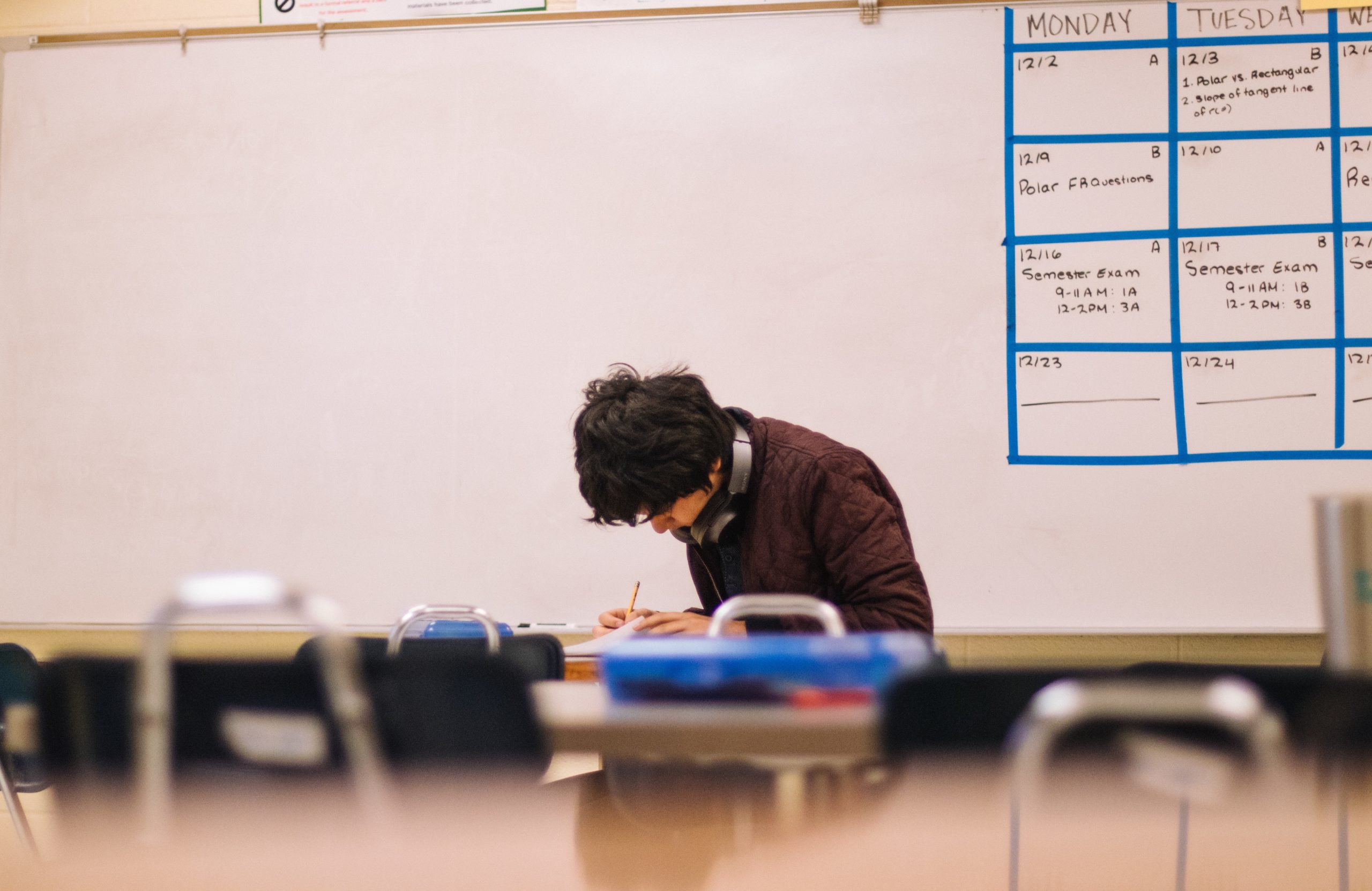
How to Help Students Stop Making Excuses and Start to Grow
By Tim Elmore
I was in a coaching session with a college freshman, who explained to me how she just wasn’t “a math person.” This launched a conversation about how Abby couldn’t do this or that, and that her career was likely very limited. Along with her math challenges, Abby said things like:
- “I don’t have a creative bone in my body.”
- “I’m such a klutz.”
- “I have no artistic ability.”
- “I’m not good at remembering names.”
As a new year dawns, I find it easy to embrace one of two habits. I either make resolutions to fix my mistakes in the new year…or, I make excuses for why I can’t really change due to my genes.
Let’s face it. We all find it natural and even convenient to blame genes for our shortcomings. Unfortunately for us, both scientists and psychologists have chipped away at these excuses with recent findings that reveal so much of our growth and ability is in our control.
First, Stanford research psychologist Carol Dweck reminds us that people tend to develop either a “fixed mindset” or a “growth mindset.” Abby’s mind was fixed: “I’m just not a math person.” It’s who I am. I can’t change. A “growth mindset,” as we’ve heard before, believes our brain works like a muscle that can grow with proper exercise. In fact, Carol Dweck told me during a phone conversation that her favorite word was, “yet.” It is completely fair to say: “I’m just not good at math…yet.” I am growing. We must help students make this shift.
There is no doubt genetics can give us a predisposition toward certain strengths or weaknesses. Most of the time, however, it is both nature and nurture that form us. We may have a mom or dad who is clumsy around the house, and we grow up acting clumsy too. We have their DNA, and we observe their behavior for years. The good news is—students can break out of almost any mold they choose, if they take certain steps. Let’s return to the subject of math for a moment. While a young person’s DNA can play a measurable role in how they learn, genetics are much more about general learning ability than their knack for mastering particular subjects.
Here are some suggestions to help students grow instead of excusing their behavior.
1. Adjust your mental ruts.
Listen to your self-talk. What do you find yourself thinking and saying to yourself? Most of us fall into the trap of negative self-talk, saying things like, “I’m not good at remembering names,” and failing to use the word, “yet.” Our routines form our ruts. Try some new routines that force you to think differently and act differently. Our neural pathways can change with hard work.
2. Repeat what you desire.
I remember wanting to become a better writer. Occasionally, I’d write something that was decent, fresh, and helpful to others. At some point, I chose to write daily. Many days, I only have a few extra minutes to do so, but I try to write every day. I even have a “writing day” each week now. When I compare my past books or articles to my work now—I see improvement.
3. Learn enough to become interested.
Our brains are capable of far more than we assume. Often, our problem is not IQ—it is interest. We’re just not interested in math, or Spanish, or remembering someone’s name. Find a reason to get curious. I’ve learned to enjoy dancing because my wife enjoys dancing. I’ve become better at learning names when I choose to become interested in those people.
4. Choose to do the work.
Behavioral scientists use the terms, “learned helplessness” and “learned industriousness.” They find that people give up on a task more quickly when they see no change and believe it makes no difference. Conversely, we keep trying when we see the slightest improvement. Take on a new task and work on it until you see progress. This will trigger endorphins that motivate you.
Confucius said: “He who thinks he can, and he who thinks he can’t, are both usually right.”




